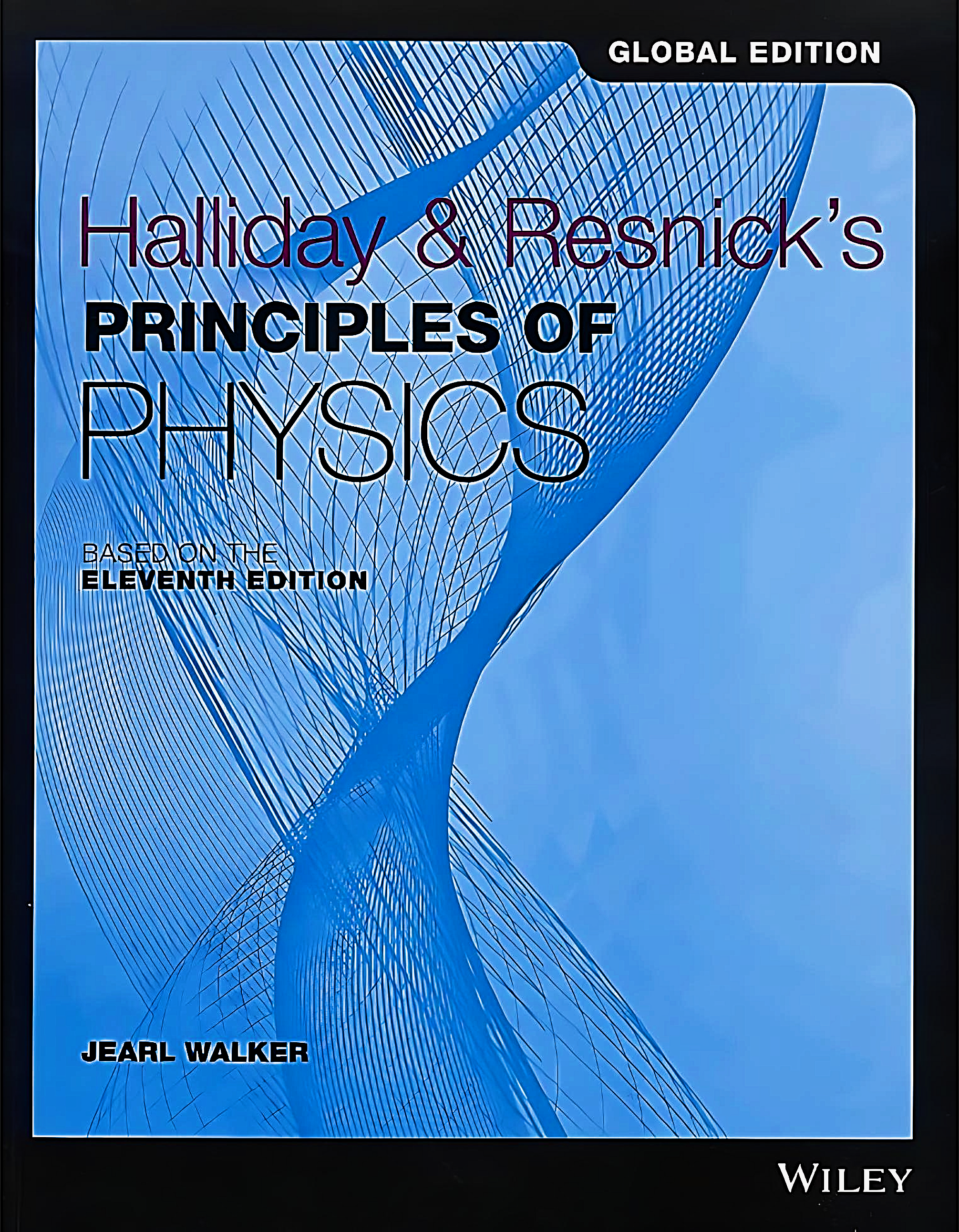Mass, Momentum and Force
- Classical Mechanics 1.3

from 「Principle of Physics」: Halliday & Rensick
Mass
Mass is an intrinsic property of a body. Mass can be experimentally defined as a measure of the body’s inertia, eaning the resistance to acceleration when a net force is applied. The object’s mass also determines the strength of its gravitational attraction to other bodies. Mass is represented by the symbol $m$.
Momentum
Momentum(more specifically linear momentum) is the product of the mass and velocity of an object. If $m$ is an object’s mass and $\b{v}$ is its velocity, then the object’s momentum $\b{p}$ is :
$ \b{p} = m\b{v} $
Force
Force is an influence that can change the motion of an object. A force can cause an object with mass to change its velocity, i.e., to accelerate. Force is represented by the sembol $F$.
Let’s learn more about force later.
